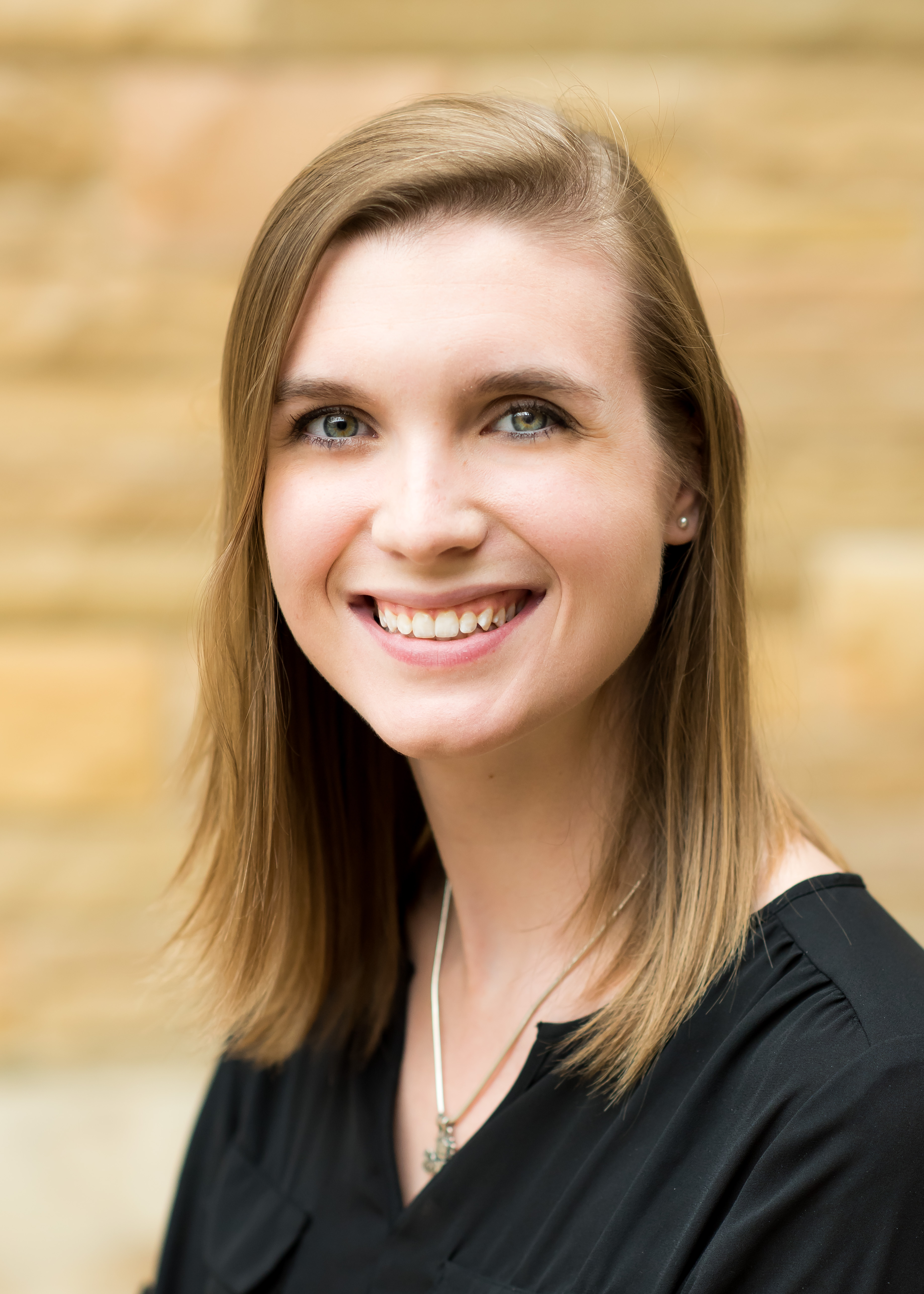Seventh Sunday after Pentecost
Adult and Small Child
Meredith Ann Ehler

Meredith Ann Ehler spends her days juggling life as a mama, wife, and daughter of God in San Antonio, TX. She gained over eight years experience with hands-on parish ministry as both a Youth & Children’s Minister before being called to focus on full-time momming for her two children, Camille and Camden. When she is not chasing her own kids or folding laundry, she enjoys helping with her congregation’s children’s ministry, reading, and living her best life. She has a passion for Jesus and sharing His love with children and families in practical, relational ways.
Read: Luke 11:1-3
Reflect: While Jesus was on earth, he spent time teaching others about God. He taught people about God’s law and love. He also taught people about prayer. Prayer is one way that we are able to communicate with God. In this Gospel lesson, Jesus was spending time talking to God through prayer. While Jesus was praying, one of the disciples came to Jesus. The disciple said to Jesus, “Lord, teach us to pray.” After that, Jesus taught the disciples a prayer that followers of Jesus still use today. This prayer, known as the Lord’s Prayer, is a guide that Jesus gave us to learn how to pray.
Respond: Repetition is a wonderful way for young children to learn new things. Jesus modeled prayer for the disciples, and adults are called to model prayer for children. Find a time each day this week to practice the Lord’s Prayer (maybe at a meal time or before bed). Some children may already know the Lord’s Prayer, so you can pray it together. If your children do not already know the Lord’s Prayer, break it down into short sections and have them repeat each line after you. Praying the Lord’s Prayer gives a great foundation to build upon as their prayer life grows.
- Meredith Ehler
Adult and Elementary Originally from Arkansas, Patrick Christopher Kangrga began in ministry by serving two years as a member of the Episcopal Service Corps in Maryland and in Massachusetts. His lay-professional journey has included roles at the parish and diocesan levels in New York, New Jersey and California. Currently he serves as Director of Youth Ministries at St. James' Episcopal Church in Jackson, Mississippi. He has primarily served youth with a short stint into ministry with children.Patrick Kangrga

Read: Luke 11:1-13
Reflect: Have you ever asked for something but you did not get it? Maybe a new game or outfit? Maybe a second serving of ice cream or cake? Have you ever asked for something but the person you asked did not get it right? You asked for birthday gifts of a blue bike and a red dress, but instead you received a yellow bike and a green dress. You wanted chicken nuggets for dinner, but instead you had to eat a hamburger.
Have you ever asked God for anything? What did you ask for? Did you receive what you asked for or do you think God did not get it right? It is okay if you think God did not get it right. A lot of times people feel hurt when they ask God for something and it seems like God does not give it to them. But you have to keep asking God for things and keep talking to God. You have to talk to and listen to God so that you can recognize when God does give you something.
This is praying--telling God about everything from the big stuff to the small stuff of your day, or asking for all the things you need or want and then waiting to see and in what ways God answers you. Maybe God will give you exactly what you asked for. Most of the time, God will give you an opportunity to see what good things you already have and what good things you can do for yourself and for others. But, without prayer, it is hard to see those gifts and opportunities.
Respond: Try praying using one hand and make each finger represent something like “family” or “the environment.” Pray for each thing using your hand as if you are counting. When you are done close your hand into ball, hold all your prayers for a moment then toss your prayers to God. Try all kinds of prayers: those with words and without, those that require stillness and those that require action.
- Patrick Kangrga
For whom or what will you pray this week?
Adult and Youth Maggie Paul is the Assistant Director for Youth and Family Ministry at Christ Episcopal Church in Charlotte, NC where she focuses on Middle School and relational ministry as well as curriculum. She previously served at the Cathedral of St. Philip in Atlanta, GA where she developed and implemented a comprehensive Confirmation curriculum. She is very excited to bring aspects of this curriculum to her new parish. As an undergraduate with a passion for youth ministry, she served as a summer camp counselor and Episcopal student center “church mouse,” and she continues to use her gifts and talents as a singer and musician to nurture her own journey and inspire others on theirs.Maggie Paul

Read: Luke 11:1-13
Reflect: The disciples saw Jesus praying a lot. I always wonder if it was awkward when they asked Jesus to teach them how to pray. They are given what we call the Lord’s Prayer, which we recite a lot; however, Jesus was shown praying in multiple ways. Each way Jesus prayed involved talking to God, whether alone or surrounded by people, or thanking or asking. Jesus prayed a lot. So, I wonder, why did Jesus give us “the Lord’s Prayer?”
As we keep reading, we are told that what we ask or seek will be ours if we ask, understanding that we give to those who ask of us. It’s almost as if Jesus says, “Look, here’s an all- encompassing prayer, but really all you need to do is talk to God!” This passage is a great reminder that the Lord’s Prayer is beautiful and wonderful and all-encompassing, but all we need to do to pray is seek God’s presence.
Respond: Take some time to seek God this week, whether that’s taking a walk in nature, sitting alone in the quiet, talking with family and friends about how they seek God… anything! Begin your time with the Lord’s Prayer, and then let yourself be free to seek God through words, sounds, actions, or sights.
- Maggie Paul
Adult and Adults Clayton Harrington is the Episcopal Campus Missioner at the University of Georgia. He is also the Rector’s Associate for Youth and Young Adult Ministries at Emmanuel Episcopal Church in Athens, Georgia. In these roles, Clayton is passionate about the potential of Christian community, worship, and service to empower youth and young adults to grow into the people that God has made them to be. Before moving to Atlanta in August of 2014, Clayton earned a BA in History and Religion from Campbell University in North Carolina (May 2014). Clayton is a graduate of Candler School of Theology, having earned a Master of Divinity with a Certificate in Episcopal Studies (May 2017). Clayton is a postulant for Holy Orders in the Diocese of Atlanta.Clayton Harrington

Read: Luke 11:1-13
Reflect: Persistence and hopefulness. That seems to be what Jesus has in mind as he teaches the disciples to pray. Jesus uses the story of the persistent neighbor to illustrate how we should approach prayer. We should hold our requests before God even when we feel like we haven’t been heard. In those dark nights of the soul, when we feel like God is not listening, Jesus encourages us to stay persistent in the face of perceived indifference, trusting that God has heard us.
Jesus says that anyone who ask will receive and everyone who searches will find, and everyone who knocks will have the door opened for them. That is hope! We can hold onto the hope that God truly cares about us and isn’t like the friend who can barely be bothered to get up for the request of a friend. Jesus instead describes God as a loving parent who does not seek to trick their children with deceitful gifts, but instead gives from a loving heart. Indeed, God is ready to give, to help find, to open a door, even if they aren’t what we expected. In this way, prayer isn’t about creating a cosmic wish list or about simply letting go of any desires that we have. Instead, prayer is about approaching God as we would a loving parent, presenting our requests with resolve and hope, knowing that God wants what is best for us.
Respond: This week, pray the Lord’s Prayer each day. Take a moment afterwards to ask yourself which word or phrase most stands out to you and why.
- Clayton Harrington
Download a printable copy of this week's reflections HERE.
Tags: Lectionary Based Readings & Reflections / Latest Posts

